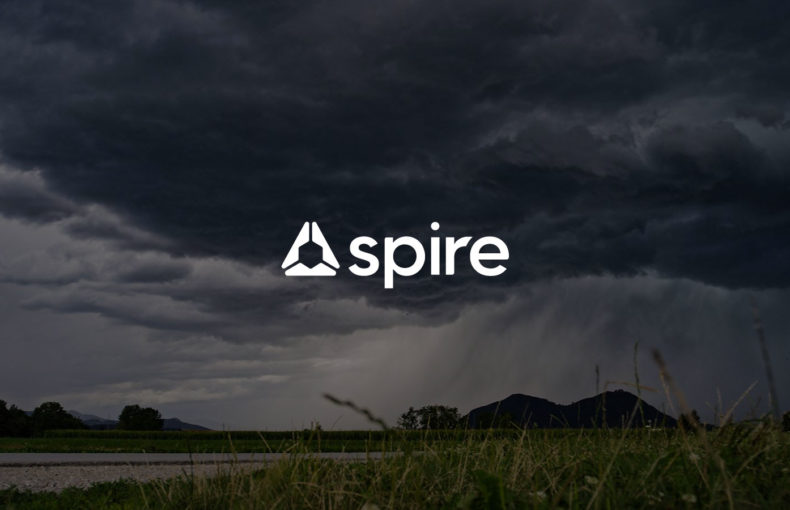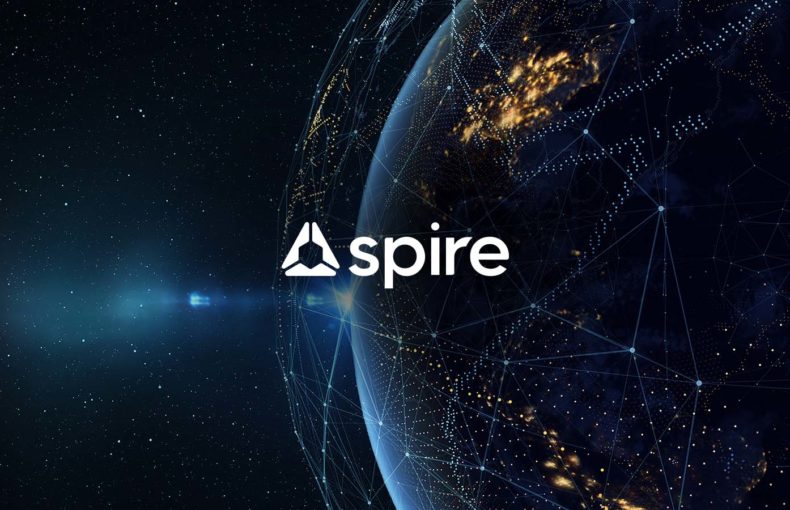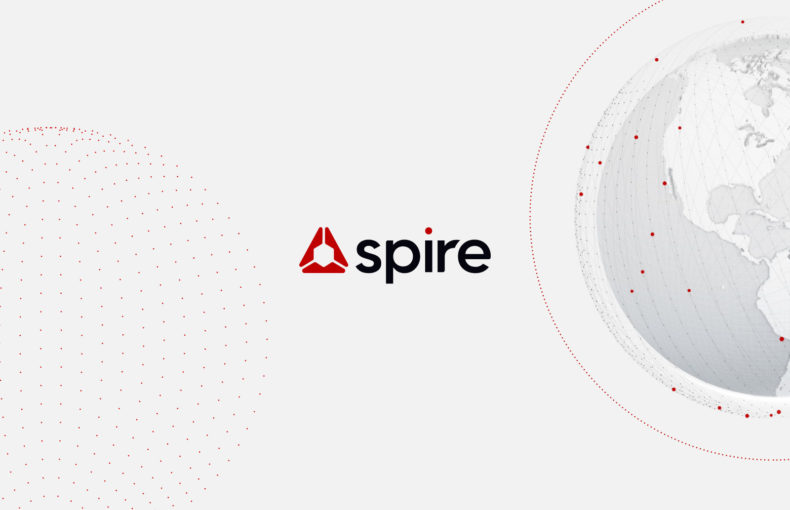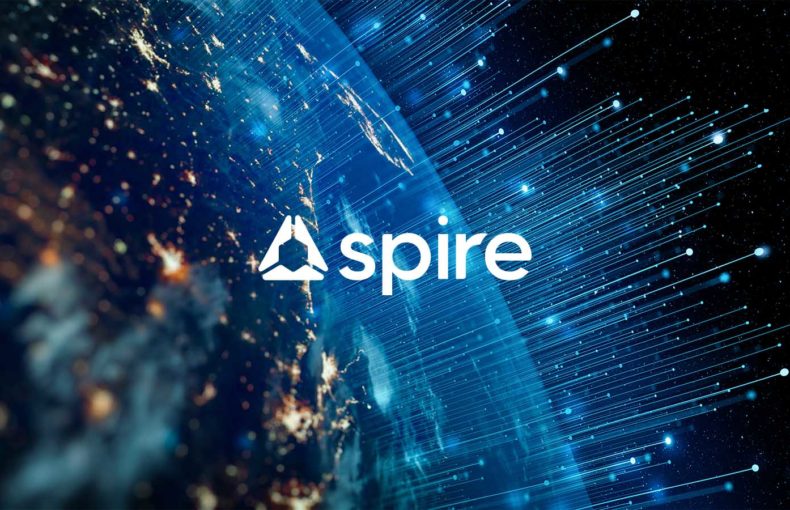How we integrate the virtual interview into our hiring process
As the world changes around us, we look to adapt. This includes our online interview and hiring process.
Technology is flexible, made possible by the speed of change within its ecosystem. This is well-known. However, with the world’s hyper-increased speed of change, this flexibility is being challenged. Particularly, how people talk to each other. Yes, these activities can be done differently through technology, but the execution requires a human touch. So, we flip the script and leverage our human abilities to achieve a more natural state of flexibility.
When onsite becomes online
Like so much of our world, the interview process is adapting to the new realities of social distancing. The traditional face-to-face meetings we all knew are going virtual. And while many articles offer advice for candidates, hiring managers and teams also need to prepare themselves for the changes that come with an all-virtual process. As an unbounded, global organization, Spire has teams that were able to quickly adapt to the evolving environment by following a few simple guidelines. Here’s what we have learned:
Build a strategic interview team
Choose your interview team wisely and follow the guidance of industry experts by keeping to a four- to five-member loop. While the virtual format offers more flexibility to schedule interviews over a few days, don’t fall into the trap of adding more individuals to the process. Stay diligent with the processes you would typically use, such as assigning competencies to each interviewer on the team to avoid repetitive questions.
Preparation prevents poor performance
Over time, interviewees will become more comfortable conducting interviews through video conferencing, but until then, preparation is the key to running a successful virtual onsite interview. Common criteria to evaluate, such as candidate engagement, can be more challenging to gauge without connecting in person. While Spire has developed comprehensive interview training for our team members, organizations that are unable to implement training in the near term can help their teams by sharing articles about what differences and challenges to expect in a virtual process.
Spire Careers
We are global. We use our data to solve global problems. The diverse viewpoints, skills, and experiences of our globally distributed team drives our growth.
Exercise empathy and expect the unexpected
One of the difficulties most of us are facing while working from home is an inability to control our surroundings. We laugh at clips of pets, partners, and children making surprise appearances during video meetings, but unfortunately, sympathy about intrusions doesn’t always extend to the interview process. Being able to roll with the unexpected is just as important for the interviewer as it is for the candidate, especially given that many people don’t have a designated office space at home.
If you’re feeling exhausted by video chatting, you’re not alone. Researchers believe video to be a barrier to natural communication. They’ve found, “among the sources of stress: constantly seeing an image of yourself, an inability to read body language, a lack of real-time feedback, and seeing giant faces on the screen.” Understanding this “Zoom fatigue” phenomenon can help your team exercise extra empathy, leading to more genuine conversations and better quality interviews.
Trust your abilities to assess talent
Many managers and team members experience difficulty forming a personal connection with a candidate during a virtual interview, which ultimately disrupts their decision-making process. While this is a common phenomenon, the result can hinder the search for a quality candidate. Scheduling an after-interview discussion with the interview team and recruiter is one way Spire has been able to build consensus and decide how to proceed. As long as you have chosen your interview team strategically and assigned competencies to ensure all critical topics are covered, you can trust your ability to assess talent virtually and look forward to a successful interview.
So long as you have strategically chosen your interview team and prepared for success by assigning competencies to ensure critical topics are covered, you can trust your ability to assess talent virtually like you would in person.
 Written by
Written by


